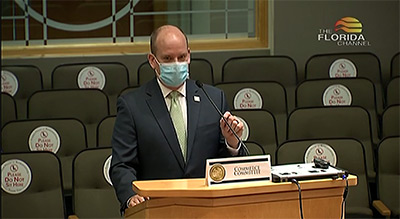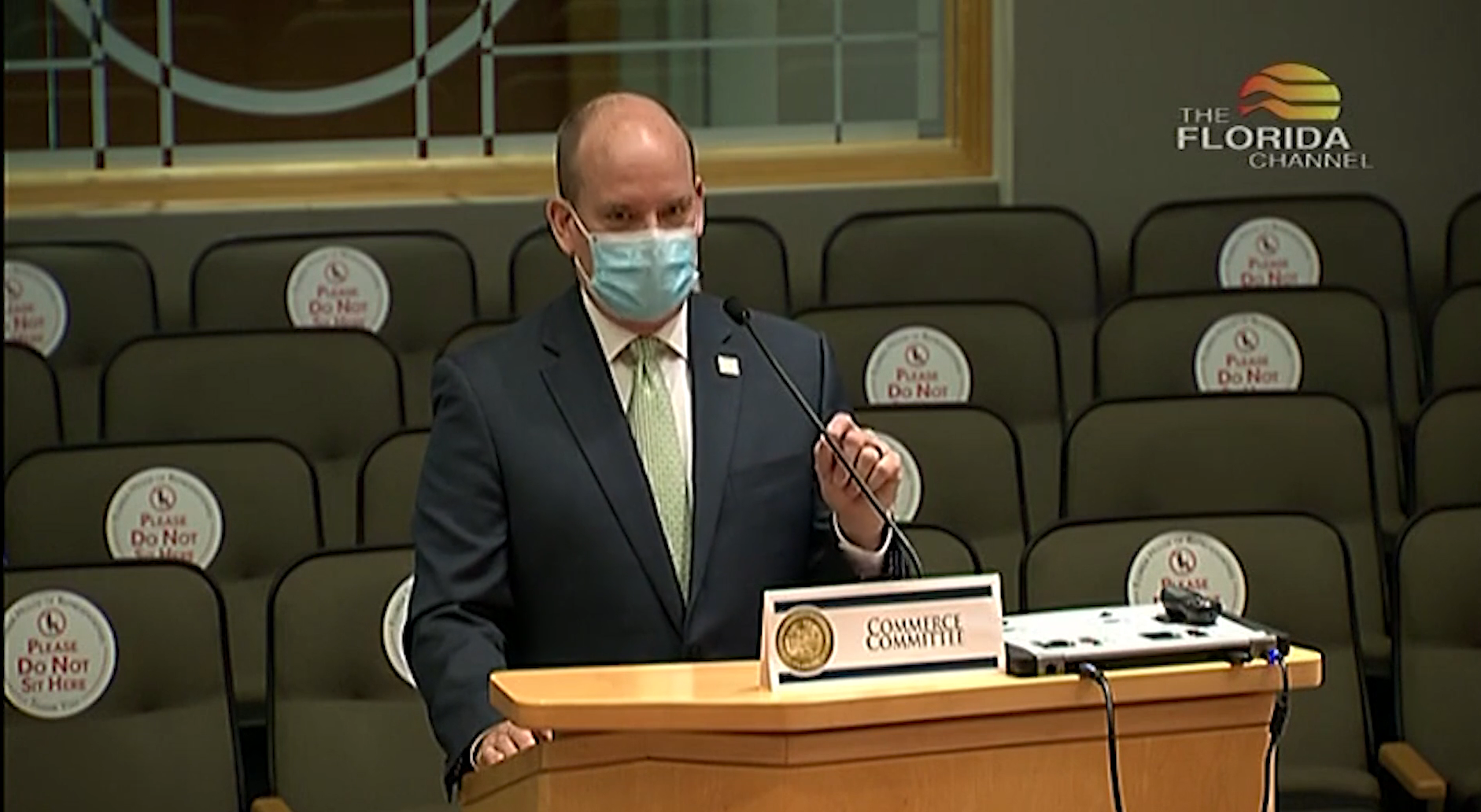Flurry of Florida Bills Target In-Building Public Safety Communications

SBC and industry allies rally to head off restrictions
Florida came very close to effectively shutting down the enforcement of code-mandated in-building public safety radio coverage in most of Florida’s buildings, an outcome that would have placed the state’s First Responders and citizens at significant risk. SBC and a coalition of allies collaborated for months to avert this outcome.
Beginning with HB 587, “An act relating to public safety emergency 2 communications systems; amending s. 633.202, F.S.; 3 revising requirements for minimum radio signal strength for fire department communications.”, and progressing through SB 1902, HB 415, SB 360, HB 1209 and SB 1408, the Florida legislature was especially active this session in trying to restrict the authority of fire code officials to require in-building public safety radio coverage.
One by one, bills 587, 1902, 415, and 360 were passed over in favor of HB 1209, which was passed by the Senate on April 26 and now sits on the Governor’s desk awaiting signature.
Had any of the earlier bills been passed, the following may have become Florida Law:
However, when an amendment to HB 415 and SB 360 included a ban on enforcement for all buildings four stories or less in height, and banned enforcement in all apartment buildings, Florida faced an effective elimination of in-building public safety radio reinforcement in all but commercial high-rise buildings.
SBC’s Executive Director Chief Alan Perdue, and Managing Director John Foley, collaborated with the Florida Fire Marshal and Inspectors Association (FFMIA), The Florida Fire Chiefs Association (FFCA), their lobbyists, as well as several SBC members who pitched in to assist.
Testifying before the House Commerce Committee on April 6th were Jon Pasqualone, Executive Director of the FFMIA, and Chief Alan Perdue and John Foley of SBC.
Video highlights of Testifying before the House Commerce Committee on April 6th.
“To exclude certain buildings simply because they meet a certain height threshold does not work. That’s a bad bill. You have to make policy decisions, but this is bad policy. Because it puts the First Responders at risk and also the public”, said Chief Perdue in his testimony.
Managing Director John Foley spoke about the types of buildings that would be eliminated from enforcement. “Let me give you some examples”, said Foley in his testimony. “Hospitals, assisted living facilities, large supermarkets, big box stores. The Aventura Mall [has] 28 million visitors a year, has two stories and a partial third, would be excluded from coverage.”
Representative Joe Geller, of Aventura Florida, reacted to the news about the mall in his district. “The Aventura Mall happens to be in my district”, said Representative Geller. “I have some concerns when I hear that it can be at risk, and all of my friends and neighbors that are visiting there, my family that goes walking in there, might be at risk. I’m not going to vote for this bill on the floor [of the House] if that four stories exception is still in there.”
HB 1209 [in lines 1009 – 1028], the bill that did pass and that now awaits the Governor’s signature, does change the existing Florida Statue 633.202 (18) to push out enforcement of the code for existing buildings. An exemption of enforcement on existing high-rise buildings is now extended out to January 1, 2025 (from the original date of January 1, 2022). No change was made for the effective enforcement date for apartment buildings. Also, where previously buildings were required to have permits in place as early as three years before the enforcement date, the permit required date is now one year in advance of the enforcement date.
|


